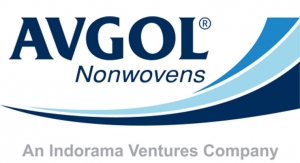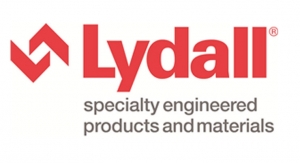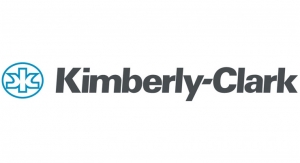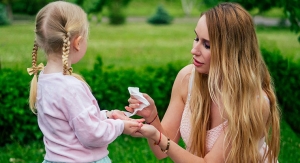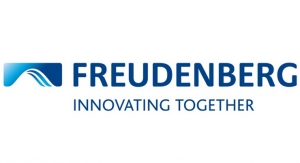11.04.20
Polish company EcoWipes has created Tricell - an innovative nonwoven based on FSC-certified cellulose. The cellulose pulp is produced by dissolving, cleaning and bleaching fibres. Since it is a natural nonwoven, Tricell is more absorbent that the standard viscose and polyester mixture, and its strength grade is comparable to cotton. The material is biodegradable - both dry nonwoven and finished wet wipes biodegraded in soil in laboratory conditions within 3 months. For Tricell, EcoWipes uses the same cellulose as the papermaking industry. Reduced demand for printing paper (caused by increasing digitalization of the media) significantly improved the availability of the raw material.
The goal for EcoWipes is to develop innovative technologically advanced solutions which will provide eco-friendly alternatives for distributors and will make it possible to eliminate plastic from hygienic and cosmetic products. With Tricell, large retail chains will be able to save as much as 450 tons of plastic annually on wet wipes for children, an equivalent of the average amount of plastic swallowed by more than 1000 whales - scientists from the Philippines found one whale which had consumed around 40 kg of plastic.
For the hygiene products industry, this is a revolutionary development. The innovative material will make everyday care products safe not only for the skin, but also for the environment, the company says.
Plastics account for 80-85% of all marine litter in the European Union, with disposable products making up half of the total litter volume. As of 2021, all disposable products containing plastic will need to have dedicated markings. The answer to Europe’s environmental plight is Tricell, an innovative material from Poland.
Not everyone is aware that disposable products are not just plastic cups, straws or shopping bags, but also hygienic products, such as wet wipes for children and adults. On average, a single household uses nearly 5,000 wet wipes annually. There is a wide variety of such products on the market, but most of them are made from a mixture of viscose and polyester which needs 500 years to decompose.
The response to the growing plastic issue is the Single-Use Plastics Directive (SUP), the purpose of which is to reduce the negative impact of plastic waste on our planet. Starting from 2021, the sales of disposable products such as plastic buds will be prohibited. Products without readily available alternatives will require special markings, including information on whether the product contains plastic. The new legislation will be a significant challenge for many businesses.
The goal for EcoWipes is to develop innovative technologically advanced solutions which will provide eco-friendly alternatives for distributors and will make it possible to eliminate plastic from hygienic and cosmetic products. With Tricell, large retail chains will be able to save as much as 450 tons of plastic annually on wet wipes for children, an equivalent of the average amount of plastic swallowed by more than 1000 whales - scientists from the Philippines found one whale which had consumed around 40 kg of plastic.
For the hygiene products industry, this is a revolutionary development. The innovative material will make everyday care products safe not only for the skin, but also for the environment, the company says.
Plastics account for 80-85% of all marine litter in the European Union, with disposable products making up half of the total litter volume. As of 2021, all disposable products containing plastic will need to have dedicated markings. The answer to Europe’s environmental plight is Tricell, an innovative material from Poland.
Not everyone is aware that disposable products are not just plastic cups, straws or shopping bags, but also hygienic products, such as wet wipes for children and adults. On average, a single household uses nearly 5,000 wet wipes annually. There is a wide variety of such products on the market, but most of them are made from a mixture of viscose and polyester which needs 500 years to decompose.
The response to the growing plastic issue is the Single-Use Plastics Directive (SUP), the purpose of which is to reduce the negative impact of plastic waste on our planet. Starting from 2021, the sales of disposable products such as plastic buds will be prohibited. Products without readily available alternatives will require special markings, including information on whether the product contains plastic. The new legislation will be a significant challenge for many businesses.




